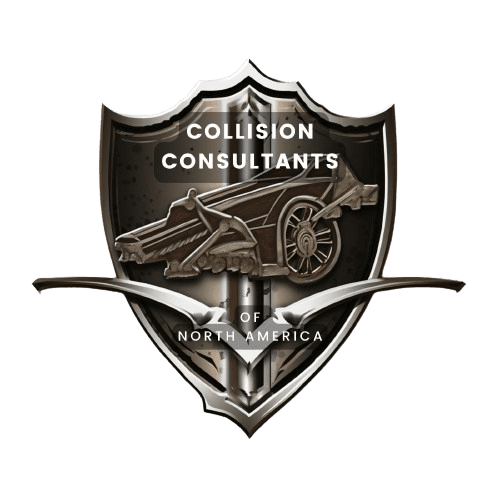Finding Quality Vehicle Damage Repair Near You

Introduction
After a vehicle accident or when your car sustains damage, finding a reputable and high-quality repair shop is essential for your safety, vehicle performance, and peace of mind. With many options available, knowing what to look for can help you make the right choice and ensure your vehicle is restored to its pre-damage condition.
BEWARE of your Insurance Company trying to Steer you to one of their Select Shops or DRP’s (Direct Repair Partners), This is illegal in all 50 states. They will try and get you to tell them where you are going so they can make untrue/false statements to scare you.
1. Start with Research
Begin your search by compiling a list of auto body shops in your area. You can use online search engines, maps, or recommendations from friends, family, and coworkers. Pay attention to shops that specialize in your vehicle’s make or type, as they may have unique expertise and access to specialized parts.
2. Check Certifications and Credentials
Look for repair shops that hold certifications from industry organizations such as the National Institute for Automotive Service Excellence (ASE) or manufacturer-specific training. Certifications indicate that technicians are trained to the latest standards and that the shop is committed to quality repairs.
3. Read Reviews and Testimonials
Online reviews on platforms like Google, Yelp, and the Better Business Bureau provide insight into the experiences of other customers. Look for consistently positive feedback about workmanship, customer service, and timeliness. Beware of shops with a pattern of unresolved complaints or negative reviews.
4. Ask About Warranties
Quality repair shops stand behind their work. Inquire about warranties on both parts and labor. A reputable shop will offer written guarantees for their repairs, giving you confidence in their services and recourse if something goes wrong.
5. Request Estimates
Don’t hesitate to obtain written estimates from multiple shops. Compare not only the cost but also the materials, parts, and repair procedures each shop proposes. Be wary of estimates that are significantly lower than others, as they may indicate subpar parts or shortcuts in the repair process.
6. Visit the Shop
If possible, visit the repair shop in person. Assess the cleanliness, organization, and professionalism of the facility. Observe how staff interact with customers and whether they take the time to answer questions thoroughly and respectfully.
7. Verify Insurance and Licensing
Ensure that the shop is properly licensed and carries adequate insurance. This protects you in case of accidental damage or if a worker is injured while repairing your vehicle.
8. Consider Turnaround Time
Ask about the expected timeframe for repairs. A quality shop will provide a realistic estimate and communicate any delays promptly. While you may want your vehicle fixed quickly, prioritize quality over speed to ensure safe, lasting repairs.
9. Evaluate Customer Service
Excellent customer service is a sign of a well-run shop. The staff should be transparent, willing to explain repairs, and keep you informed throughout the process. Good communication reduces stress and helps you feel confident in your choice.
Conclusion
Finding a quality vehicle damage repair shop near you takes a bit of time and research, but it’s well worth the effort. By following these steps and prioritizing credentials, transparency, and customer feedback, you’ll be able to select a repair shop that meets your needs and restores your vehicle to top condition.
Contact Us
Get in Touch
Ready to experience the expertise and advocacy of Collision Consultants of North America? Fill out our contact form today and let us guide you through the complexities of collision repair with precision, transparency, and a commitment to your safety and satisfaction.
